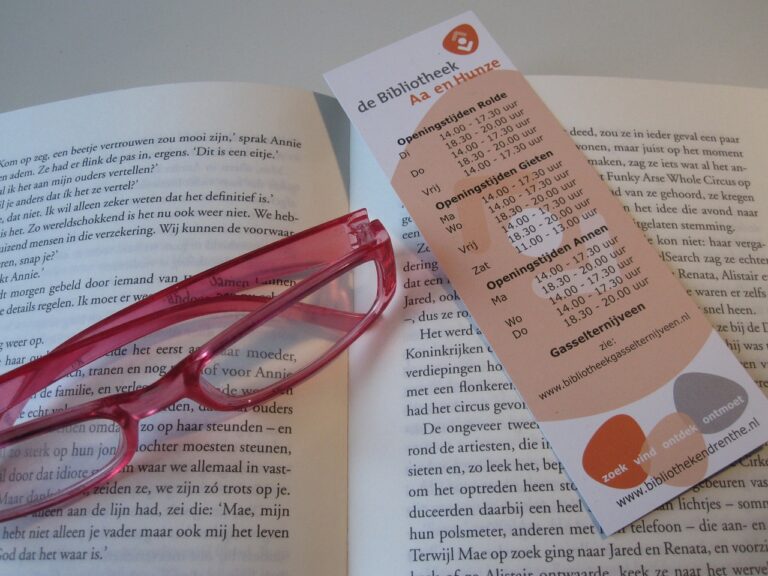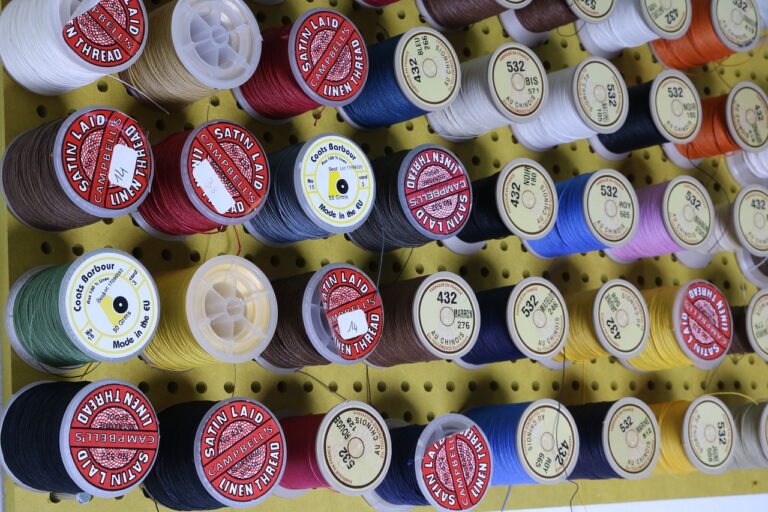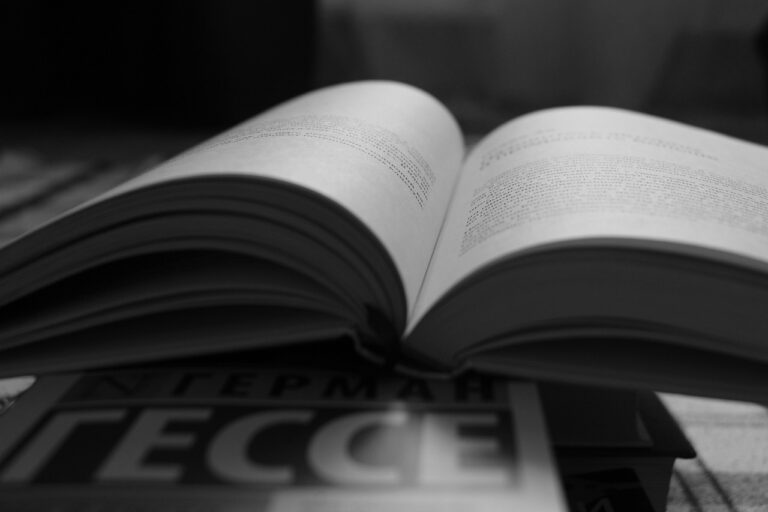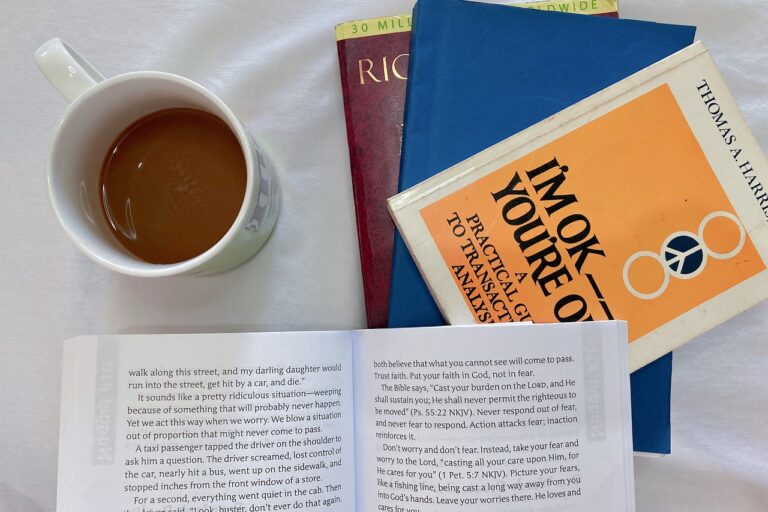Redefining Assessment Methods in Education: Beyond Standardized Testing
Standardized testing in education has come under scrutiny in recent years due to its limitations and potential drawbacks. Critics argue that these tests often fail to accurately assess the full range of students’ abilities and knowledge. The emphasis on memorization and test-taking strategies can overshadow the development of critical thinking skills and creativity in students. Additionally, standardized tests may not always align with the diverse learning styles and backgrounds of students, leading to disparities in performance based on factors beyond their control.
Moreover, the pressure to perform well on standardized tests can create a high-stakes environment that contributes to stress and anxiety among students. This focus on test scores as the primary measure of success in education can detract from the overall goal of fostering a well-rounded and holistic learning experience. In some cases, teachers may feel compelled to teach to the test rather than focusing on meaningful and engaging instruction that cultivates a deep understanding of the subject matter.
The Importance of Authentic Assessment
Authentic assessment plays a pivotal role in capturing a student’s true understanding and skills. Unlike standardized tests, which often rely on multiple-choice questions and rote memorization, authentic assessment evaluates a student’s ability to apply knowledge in real-world scenarios. By engaging students in tasks that mirror authentic situations, educators can gain deeper insights into their critical thinking, problem-solving, and creativity.
Furthermore, authentic assessment fosters a more equitable learning environment by allowing students to showcase their unique strengths and talents. In contrast to standardized tests that may not accurately reflect a student’s abilities, authentic assessment provides a platform for learners to demonstrate their knowledge in diverse ways. This personalized approach to evaluation can boost students’ confidence and motivation, leading to enhanced learning outcomes and a more inclusive educational experience.
• Authentic assessment evaluates a student’s ability to apply knowledge in real-world scenarios
• Provides deeper insights into critical thinking, problem-solving, and creativity
• Fosters a more equitable learning environment by allowing students to showcase their unique strengths and talents
• Boosts students’ confidence and motivation through personalized evaluation
• Leads to enhanced learning outcomes and a more inclusive educational experience
Alternative Assessment Methods
Alternative assessment methods offer educators a valuable way to evaluate students’ understanding and skills in a more holistic manner. These methods deviate from traditional standardized testing formats, allowing students to demonstrate their knowledge through real-world application and practical tasks. By applying alternative assessment methods such as project-based assessments, portfolios, and presentations, teachers can gain a more comprehensive insight into students’ abilities beyond just memorization and test-taking skills.
One significant advantage of alternative assessment methods is their ability to cater to diverse learning styles and preferences. While some students may excel in traditional testing environments, others may struggle to showcase their true capabilities through such methods. Alternative assessments provide a more inclusive approach that allows all students to convey their understanding through avenues that best suit their strengths, fostering a more supportive and enriching learning environment.
What are some challenges associated with standardized testing in education?
Standardized testing can be limited in evaluating a student’s true capabilities, as it often focuses on memorization and test-taking skills rather than critical thinking and problem-solving abilities. Additionally, standardized tests may not take into account the diverse learning styles and needs of students.
Why is authentic assessment important in education?
Authentic assessment allows educators to evaluate a student’s knowledge and skills in a more meaningful and practical way. It provides a more accurate representation of a student’s abilities by assessing real-world tasks and applications, promoting deeper learning and understanding.
What are some alternative assessment methods that can be used in education?
Some alternative assessment methods include performance assessments, project-based assessments, portfolios, peer assessments, and self-assessments. These methods offer a more comprehensive and personalized approach to evaluating student learning.







